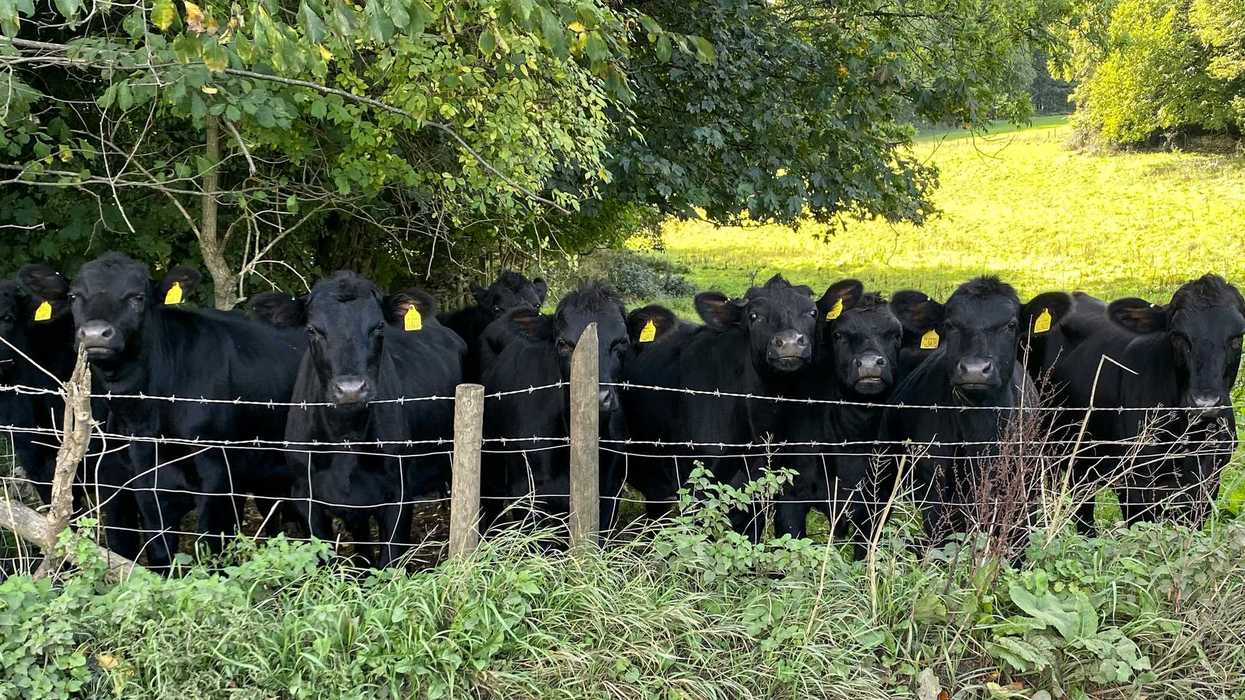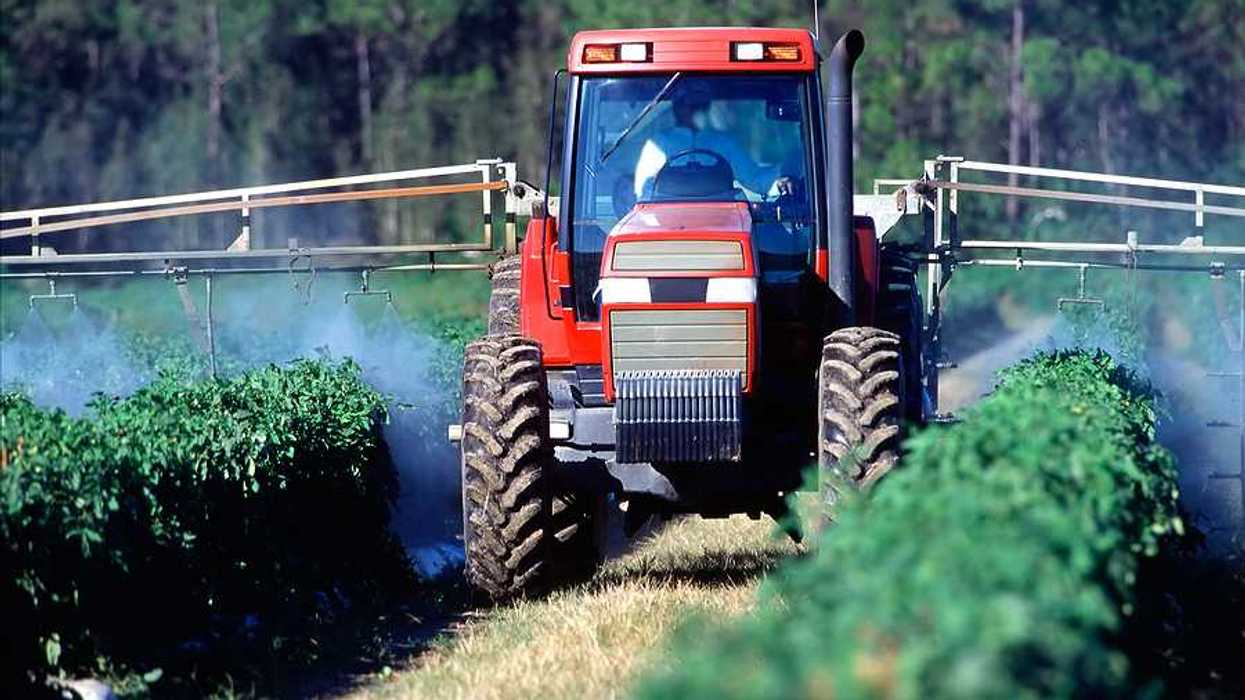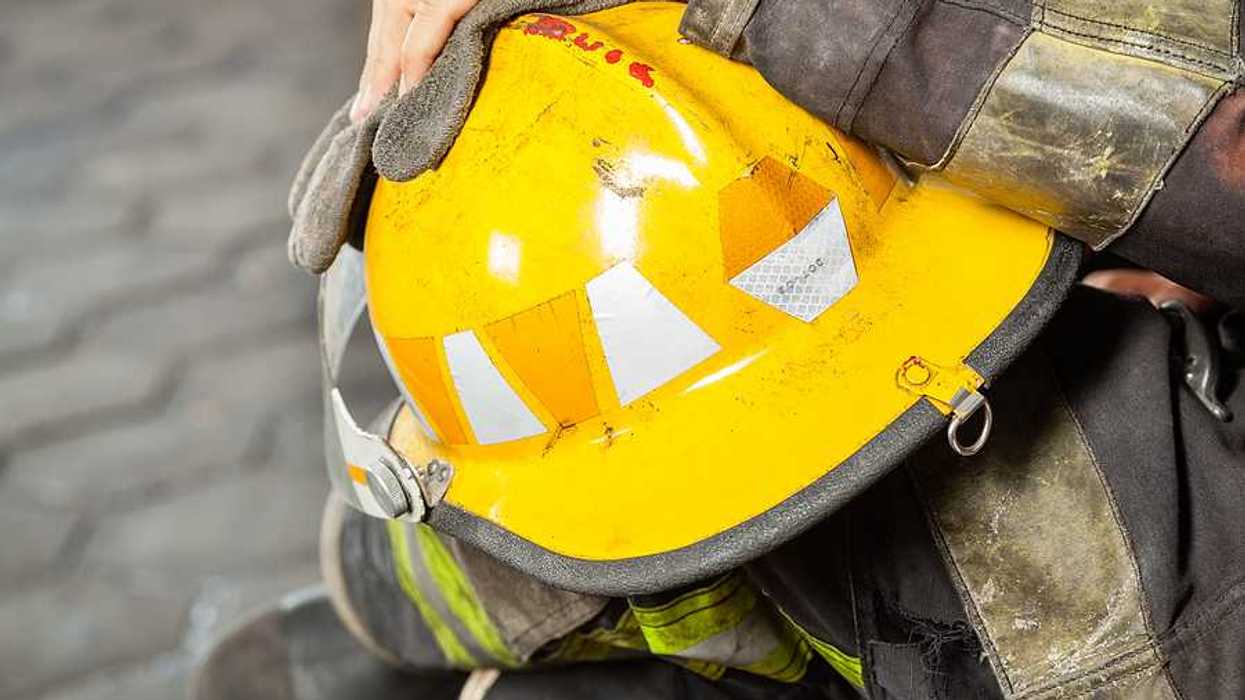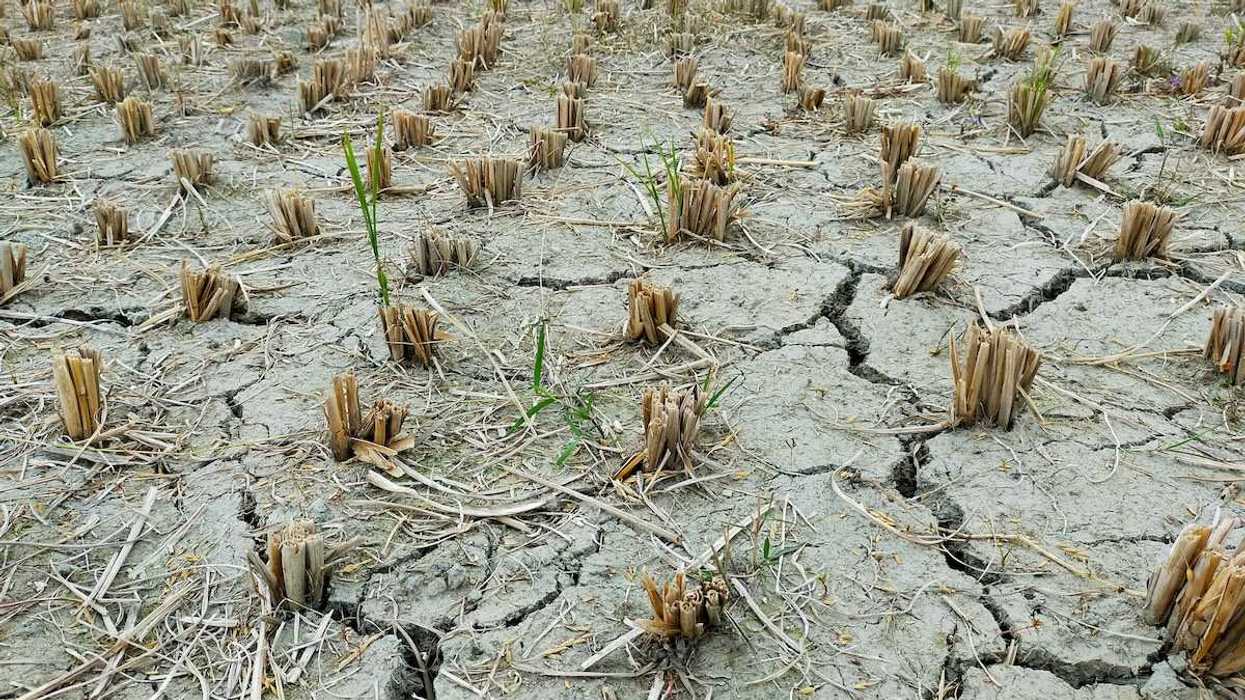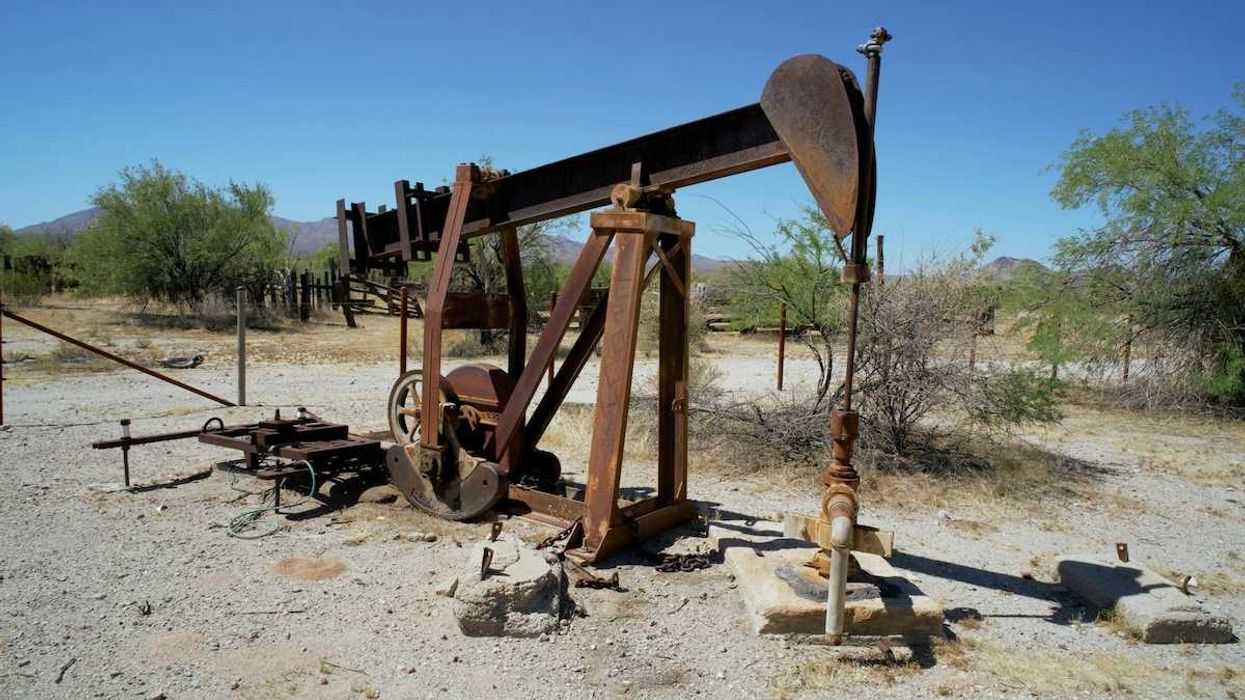Research shows wildfire smoke is a major health hazard, but many Americans continue to disregard the risks.
Zoë Schlanger reports for The Atlantic.
In short:
- Wildfire smoke contains tiny particles that pose serious health risks and kill thousands annually.
- Recent studies show almost all of North America has experienced smoke coverage at some point in recent years.
- Despite the dangers, public awareness and protective actions, such as mask-wearing, remain insufficient.
Key quote:
“There’s a lot of chemicals in that. There’s all sorts of things in the pollution that you might not see in other sources of PM2.5. We’re still unclear on what that means for health.”
— Marissa Childs, an environmental-health researcher at the Harvard T. H. Chan School of Public Health
Why this matters:
Research indicates that wildfire smoke contains a hazardous mix of particulate matter, gases, and chemicals that can penetrate deep into the lungs and bloodstream. These tiny particles, known as PM2.5, are particularly concerning due to their ability to trigger respiratory and cardiovascular problems. For vulnerable populations—children, the elderly, and those with pre-existing conditions like asthma or heart disease—the risks are even higher.
Related EHN coverage:







